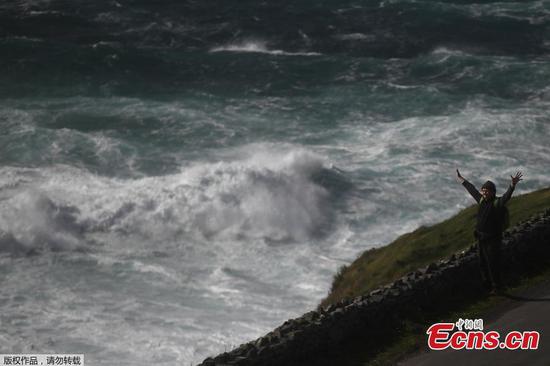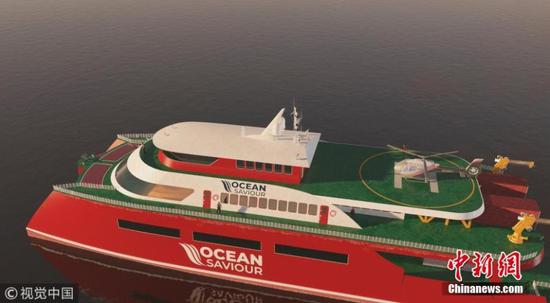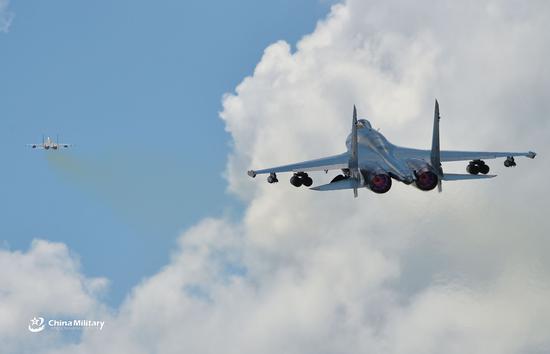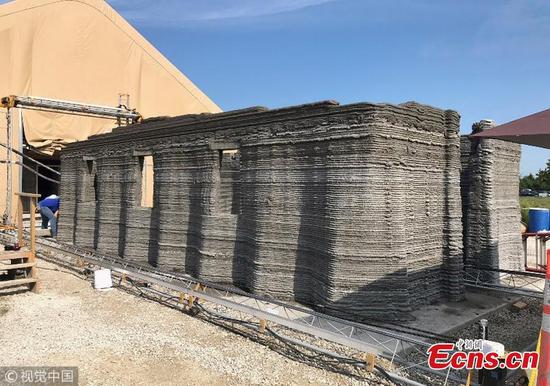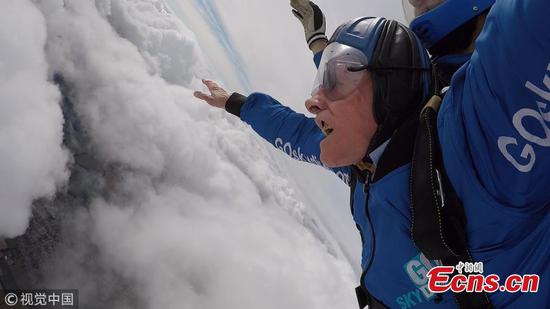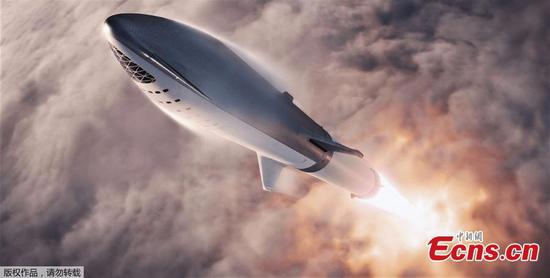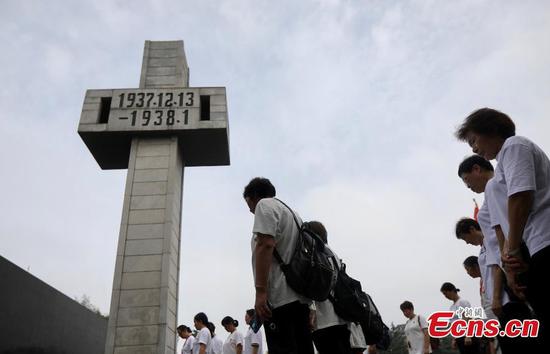China sent twin BeiDou navigation satellites equipped with international rescue devices into orbit on a Long March-3B carrier rocket from the Xichang Satellite Launch Center in Southwest China's Sichuan Province on Wednesday.
The two satellites are the 13th and 14th in the BeiDou Global Satellite Navigation System, or BeiDou-3. Designed by China Aerospace Science and Technology Corporation (CASC), they are critical for following launches.
Three incremental loads for international search and rescue, global short messaging, plasma and surface charge wind monitoring are installed on the two satellites.
The rescue load makes China a space equipment provider of COSPAS-SARSAT, a treaty-based satellite-aided search and rescue (SAR) initiative.
Established in 1979, COSPAS-SARSAT uses satellites to detect and locate emergency beacons from aircraft, ships and people in remote areas, and sends these distress alerts to SAR authorities. It has saved 35,000 lives around the world.
The system has an advantage in coverage, and satellites from different providers can help each other in positioning and rescue missions. A "black box" for SAR purposes will be implemented on four more BeiDou-3 satellites to complete the system, according to the CASC.
China's BeiDou system will provide navigation and positioning services to countries along the Belt and Road by late 2018.










